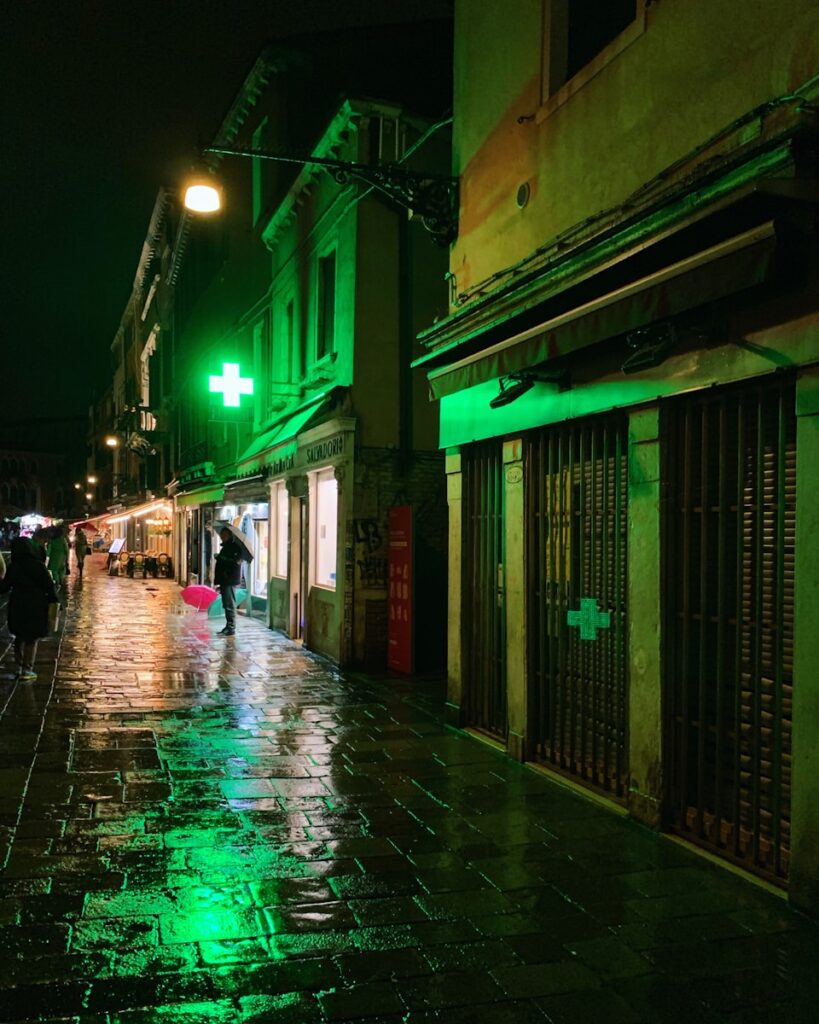
Compulsory Kindergarten from Age of Three Is Wrong Public Policy
The Minister of Education has announced his intention to introduce compulsory pre-school education for children aged three in Slovakia. The Ministry has published only one press release to defend this blanket and mandatory measure. It contains a number of inaccurate claims that do not stand up to critical debate. In this text, I will describe three reasons why the proposed expansion of compulsory school attendance is the wrong public policy.









![Will Robert Fico Be the Next Orbán? with Michal Vašečka [PODCAST] Will Robert Fico Be the Next Orbán? with Michal Vašečka [PODCAST]](http://4liberty.eu/phidroav/2024/10/LEP_Michal-Vasecka_1469x800-1024x561.png)

